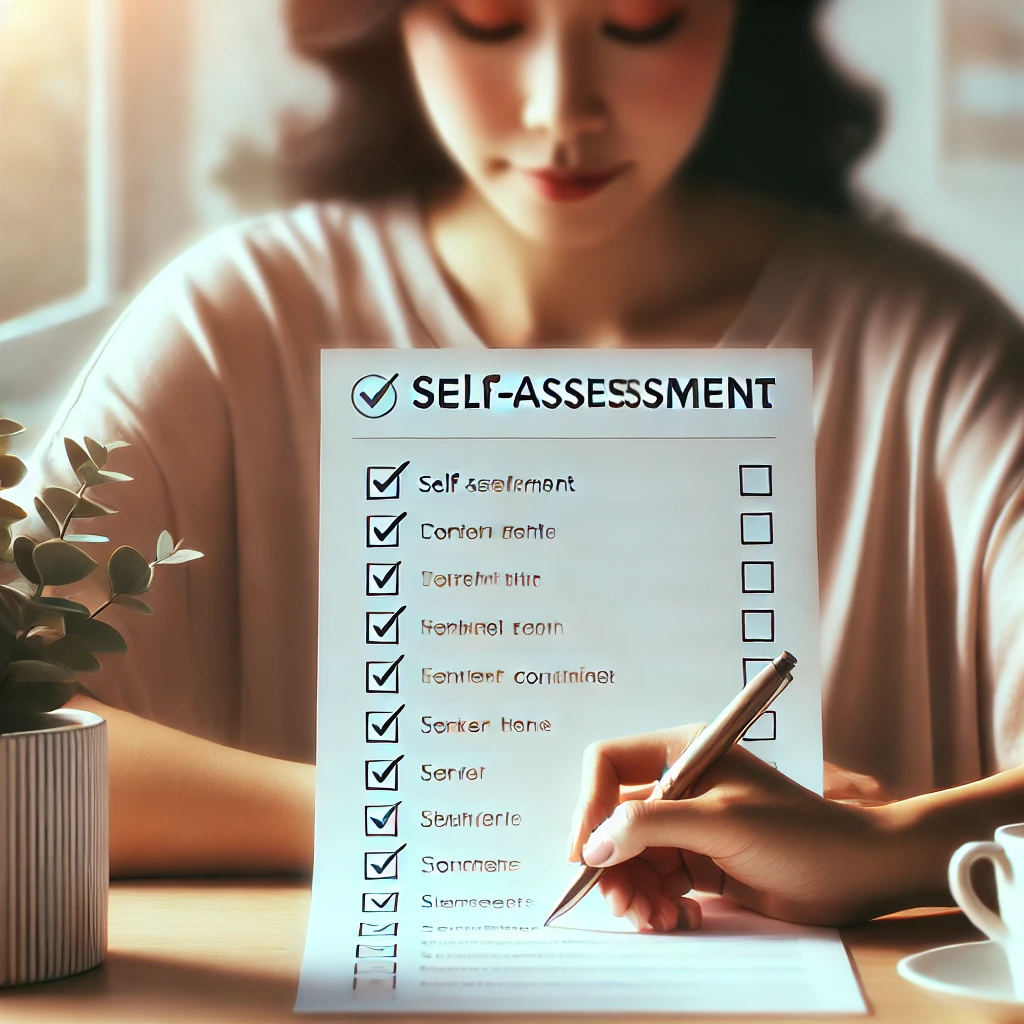Best Jobs for People with ADHD: Leveraging Neurodivergence for Success
Finding the best jobs for adhd people starts with recognizing and capitalizing on the unique strengths and neurodivergent qualities of an interest-based nervous system. In my practice, I emphasize that this is one of the most important things you can do as an adhd person: find the right job ( second only to finding the right partner).
People with ADHD often thrive in environments where their creativity, high energy levels, and ability to hyperfocus are not just acknowledged but actively utilized. By embracing these attributes, individuals with ADHD can find fulfilling careers. The best jobs for adhd people play to their strengths and mitigate their challenges. Unfortunately far too often neurodivergent people just struggle to make themselves fit in to a job that isn't right for them.
What are some of the best Jobs for ADHD'ers?
Creative Fields
- Artist: Allows for creative expression and flexibility.
- Writer: Offers the autonomy to work at your own pace and on diverse projects.
- Graphic Designer: Combines creativity with technology in a flexible work environment.
- Musician: Requires creative thinking and can involve various stimulating activities and environments.
- Actor/Performer: Engages imagination and allows for varied workday routines.
Physical or Interactive Jobs
- Personal Trainer/Fitness Instructor: High-energy and hands-on, with the opportunity to interact with different people.
- Chef: Offers a dynamic work environment with constant change and creativity.
- Emergency Medical Technician (EMT): Fast-paced and requires quick thinking; flexibility in tasks.
- Event Planner: Involves multitasking, creativity, and direct interaction with clients.
- Sales Representative: Allows for social interaction and varied daily tasks.
Entrepreneurial or Self-Employed Options
- Entrepreneur/Small Business Owner: Provides the freedom to follow personal interests and set your own schedule.
- Consultant: Engages in diverse projects, with a focus on results rather than rigid processes.
Best jobs for Adhd people in the Technology and Engineering field
- Software Developer: Allows for deep focus on coding and problem-solving, with potential for flexible work environments.
- Engineer: Involves complex problem-solving and can be highly rewarding.
Best jobs for Adhd people in the Helping Professions
- Therapist/Counselor: Provides meaningful work helping others, often in a calm, one-on-one setting.
- Social Worker: Engages empathy and allows for flexible, varied daily tasks.
Education and Training
- Teacher/Professor: Can provide an engaging and varied daily routine with meaningful interactions.
- Special Education Teacher: Allows for helping others while offering a dynamic, supportive environment.
Best jobs for Adhd people in Trades and Skilled Labor
- Electrician: Requires hands-on problem-solving and allows for varied work locations.
- Carpenter: Involves creativity and hands-on work to build and fix things.
What are some Tips for Success As and Adhd Person in any Job?
- Structure Your Day: Use tools like calendars and task lists to manage time effectively.
- Find a Supportive Environment: Look for workplaces that offer flexibility and understanding.
- Focus on Your Strengths: Choose tasks and roles that play to your natural abilities and interests.
- Utilize Technology: Make use of apps and devices that help with organization and focus.
- Communicate Openly: Speak honestly about your needs and strengths with your employer.
What are some Challenges in Traditional Office Jobs?
ADHD people might encounter several challenges in traditional office jobs due to the nature of the work environment and their unique cognitive and behavioral traits. Here are some specific challenges and how they can be transformed into strengths in supportive environments:
Sustained Attention
- Challenge: Difficulty focusing on tasks for extended periods and being easily distracted by office noise or visual stimuli.
- Strength: Excel in roles requiring short bursts of intense focus and thrive in dynamic, stimulating environments with appropriate adjustments like noise-canceling headphones or private workspaces.
Organization
- Challenge: Problems keeping track of tasks, deadlines, and paperwork; maintaining an orderly workspace.
- Strength: Digital tools and structured support systems can enhance task management, and a flexible workspace can leverage their non-linear thinking for innovation.
Time Management
- Challenge: Struggling to prioritize tasks effectively and procrastination.
- Strength: Roles offering flexibility allow prioritization based on interests and energy levels, leading to exceptional performance.
Impulsivity
- Challenge: Making hasty decisions and interrupting others.
- Strength: Invaluable in fast-paced environments requiring quick decision-making and bringing fresh, innovative perspectives to discussions.
Hyperactivity
- Challenge: Restlessness and difficulty sitting still.
- Strength: Roles requiring physical activity or frequent movement harness their energy effectively.
Executive Function
- Challenge: Difficulties with planning, initiating, and completing tasks.
- Strength: Clear structure and support help manage complex projects efficiently and innovatively.
Memory
- Challenge: Forgetting important details or instructions.
- Strength: Using reminder systems and structured support enhances reliability in roles where memorization isn't critical.
Emotional Regulation
- Challenge: High sensitivity to criticism and mood swings.
- Strength: A supportive feedback culture and stress-reducing strategies enhance emotional well-being and consistent performance.
Motivation Fluctuations
- Challenge: Inconsistent motivation and energy levels.
- Strength: Flexible schedules and varied tasks harness high productivity periods for outstanding results.
Flourishing in the Right Roles
In environments that play to their strengths, individuals with ADHD build confidence and flourish. When their roles emphasize creativity, problem-solving, and dynamic interaction rather than rote memorization or monotonous tasks, they thrive. These positive work settings bolster their self-esteem and improve their interpersonal relationships, allowing them to form strong, supportive connections with colleagues.
Why is it so Crucial for Adhd People to have Supportive Work Environments?
A supportive work environment is crucial for and ADHD person due to the unique challenges they face. Here’s why a supportive workplace is essential and the key elements that contribute to such an environment:
Mitigates Stress and Anxiety
A supportive environment can alleviate the stress and anxiety that often accompanies ADHD. Understanding colleagues and managers can help reduce feelings of frustration and isolation.
Enhances Productivity
With accommodations such as flexible work schedules, quiet workspaces, and the ability to take breaks as needed, individuals with ADHD can enhance their productivity and work quality.
Encourages Skill Utilization and Development
Positive reinforcement and supportive feedback help individuals focus on their strengths and develop necessary skills, fostering both confidence and competence.
Promotes Job Satisfaction and Retention
A supportive environment leads to higher job satisfaction. Employees who feel understood and valued are more likely to stay with an organization long-term.
Key Elements of a Supportive Work Environment For an ADHD person
- Flexible Work Arrangements: Options for remote work, flexible hours, and the ability to take short breaks.
- Clear Communication and Expectations: Clear, concise instructions and regular check-ins.
- Minimized Distractions: Providing quiet workspaces, noise-canceling headphones, or private offices.
- Use of Technology: Project management tools, reminder apps, and organizational software.
- Supportive Management: Managers trained to understand ADHD, offering empathy, patience, and constructive feedback.
- Professional Development Opportunities: Access to coaching, mentoring, and training programs.
- Inclusive Culture: A workplace culture that values diversity and inclusion.
Practical Tips for Creating a Supportive Work Environment for an ADHD Person
- Educate Staff: Hold training sessions about ADHD and its impact on work.
- Individualized Accommodations: Tailor accommodations to fit the unique needs of each person with ADHD.
- Regular Feedback: Provide continuous, actionable feedback.
- Encourage Open Dialogue: Foster a culture where employees feel safe to discuss their needs and challenges.
Conclusion
Finding the right job is not just about professional success; it significantly impacts personal happiness, longevity, stress levels, and overall stability.
The best jobs for Adhd people transform potential challenges into strengths, leading to fulfilling and rewarding careers. By leveraging their unique qualities in supportive and accommodating environments, they can achieve remarkable success and satisfaction in their professional lives. Embracing neurodivergence and creating inclusive workplaces is a win-win for employees and employers, leading to higher productivity, job satisfaction, and overall workplace harmony.





